|
Colleges are enrolling more students on the autism spectrum. However, one-third of the graduates with autism are not finding jobs. Here is how Rochester Institute of Technology is trying to change that with their Career Ready Bootcamp.
 For those of you who are considering applying to colleges on the west coast, we invited our colleague, Dr. Deborah Barany, an independent educational consultant in Oregon, to share some of the interesting schools, programs and culture of the Pacific Northwest. Joan and Vicki, College Docs
Pacific Northwest culture is, well, quirky, coffee loving, and deeply connected to community and the land. Walking to class with a view of 10,000 foot high peaks around you is, in a word, inspiring. One thing all the schools have in common- a commitment to sustainable living- in the dorms, the dining rooms, and in every building. Living in the Pacific Northwest is a lesson on how to live day to day with sustainable practices. Don’t be surprised when you have to sort your meal tray into compost and recycling (hopefully no trash.) Most cities ban styrofoam, take away cups, and plastic bags- so think re-use ables, reminders about saving water or electrical usage are all around you. Live off campus? Garbage pick up is every other week and fines are levied for mixing trash with recycling and compost. With this comes incredible opportunities to explore the outdoors (accessible from any campus within an hour), study environmental science in the forest, stream, ocean and rivers, and expand your view away from the West Coast of the US further across the Pacific. Key reasons to consider school in the Pacific Northwest: 1. Wilderness and Outdoor Activities are Unparalleled: Whitman College- Walla Walla, Washington Any given weekend at Whitman you can be kayaking, climbing, skiing, white water rafting, snow camping, or backpacking through some of the most beautiful wilderness in the US. During the week, keep in shape with the campus climbing wall. Full time staff work with students teaching wilderness skills, first responder, and wilderness leadership as well as organizing and leading trips. Whitman is the national leader in wilderness education and programming. A Whitman tradition is the First Year Scramble- week long trips before the start of the year to explore wilderness opportunities across the region. One of the most unique academic offerings includes Semester in the West. Faculty and students travel the western interior studying public land and rural life integrating field work in environmental science, history, politics and policy. A college that changes lives, takes their academics very seriously but the community also understands that learning happens when students create connections between themselves, their community and their environment. https://www.whitman.edu/academics/signature-programs/outdoor-program 2. Looking Further West Along the Pacific Rim University of Puget Sound - Tacoma, Washington Where is Tacoma?! South of Seattle, surrounded by well, Puget Sound. Look east and you can see Mount Rainier, look North you can see the islands dotting the sound. But this campus looks West….across the Pacific. Students and faculty across the disciplines travel, learn and explore the Asian side of the Pacific Rim for an entire academic year. Freshman orientation includes a two day wilderness trip focused on survival, orienteering, kayaking and service. Puget Sound’s strongest departments are in Asian studies, Latin American Studies and Environmental Policy and Decision Making. https://www.pugetsound.edu/academics/departments-and-programs/undergraduate/asian-studies/pac-rim/ 3. Environmental Studies and Tourism Degrees Oregon State University Cascades Campus - Bend, Oregon The newest campus in the Oregon State system, OSU Cascades Campus is notable not just because it is located in the high Cascades. OSU Cascades offers unique programs that are hard to find in Tourism, Recreation and Outdoor Leadership, combining business, outdoor leadership, education and environmental studies into an interdisciplinary major. The laboratory is right outside the classroom door. This is big business around this part of the country which means internships and jobs for students to further develop their skills. Living in Bend, the center of Oregon, gives access to explore the Eastern high desert and and the Western coastal regions. OSU Cascades campus is small and growing with 1000 full time students. OSU is leader in combining online courses with classroom courses which gives students flexibility to travel, intern or work while making progress towards their degrees. https://osucascades.edu/academics/tral 4. Pickle Making is Part of the Curriculum Oregon State University - Corvallis, Oregon OSU is where pickle making is a legit minor, along with cheese making, craft brewing or perhaps your taste is more refined and you are interested in studying enology (the study of wines). Oregon State University is the only school in the country with land, sea and space grants. OSU is a premier science school with majors from forestry and fire management to biochemistry and engineering. If the ocean is your home OSU also operates the Hatfield Marine Science Center on the Oregon Coast. Undergraduates can spend a term studying and working at the labs in Newport, Oregon. The School of Science is committed to helping students succeed in rigorous university classes. Recently the School of Science established a Science Success Center using peer advisors. Undergraduates work with upper classmen to plan classes, find tutors, or glean general wisdom about navigating their major. The Student Success Center also sponsors researcher “speed dating” sessions. Professors looking for undergraduate research assistants meet with students looking for labs for research; the meet-up helps make matches. http://www.science.oregonstate.edu/science-success-center 5. Create Your Own Connections Evergreen State University - Olympia, Washington The only public undergraduate university in the Colleges That Change Lives organization is nestled between the State Capitol and Puget Sound. There are no majors at this school- rather fields of study. Each trimester, students work with their advisor to curate a list of classes that are related to their interests. Here, a student can study microbiology through the lens of an artist or investigate food insecurity with environmental science and economics. When you look up a field of study, not only will you see the courses and faculty listing, but on the right hand side appears a list of related fields and courses across the university. Evergreen University defines learning as part of a bigger picture in an interconnected web. http://www.evergreen.edu/ 6. Work for a State Senator or Even the Governor! Willamette University - Salem, Oregon Across the street, literally, from the state capitol is Willamette University. Senators, aides, lobbyists and yes, even the governor eat at the Willamette University cafeteria and grab coffee from the student-run cafe. (YES the food at the capitol building is really that bad, and yes the food at the university is really that good.) That means students interested in politics and government have access to jobs and internships while networking with established lawmakers and upcoming policy wonks. The campus sits in the middle of all the action. Another bonus, the train station is adjacent to campus allowing a quick and easy commute (about 45 min) to Portland. While government and law are strong at Willamette, other programs are also well-known. Regionally known for an excellent music program- voice in particular is strong with a beloved conductor. Willamette owns Zena, 350 acres of working farmland, forest and wetlands which is used for research, education and most importantly protection of the land. There is even student housing for upperclassmen who become caretakers of the property. http://willamette.edu/about/sustainability/zena/index.html These are a few of the notable schools with opportunities that can only be found out here in our corner of the US. When College Docs visited Muhlenberg College we were impressed with the friendliness and enthusiasm of their students and their wide range of academic and extracurricular offerings including numerous interdisciplinary opportunities. Muhlenberg has robust programs in the arts including art history, dance, film studies, music and theatre. Students interested in the visual arts may qualify for a Muhlenberg College Talent Grant, even if they are not art majors. Melissa W. Falk, Dean of Admission and Financial Aid has provided College Docs with the following valuable information on Muhlenberg College: Explore Muhlenberg College (www.muhlenberg.edu) and find out why our students are happy, busy and making the most of their college experience! Muhlenberg College is a warm, welcoming and vibrant community situated in Allentown, Pennsylvania, which is conveniently located just 90 miles from New York City and 60 miles from Philadelphia. Our 2,200 students choose from over 45 academically rigorous majors and minors (many of whom will ultimately graduate with double majors), actively learn and research with our hands-on faculty and are passionately involved in the campus community and beyond!
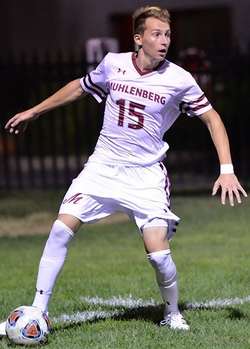
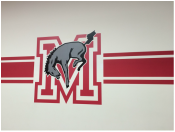
Come experience Muhlenberg and join us for a visit!
We hope to see you at Muhlenberg soon! Melissa W. Falk Dean of Admission and Financial Aid Muhlenberg College [email protected] 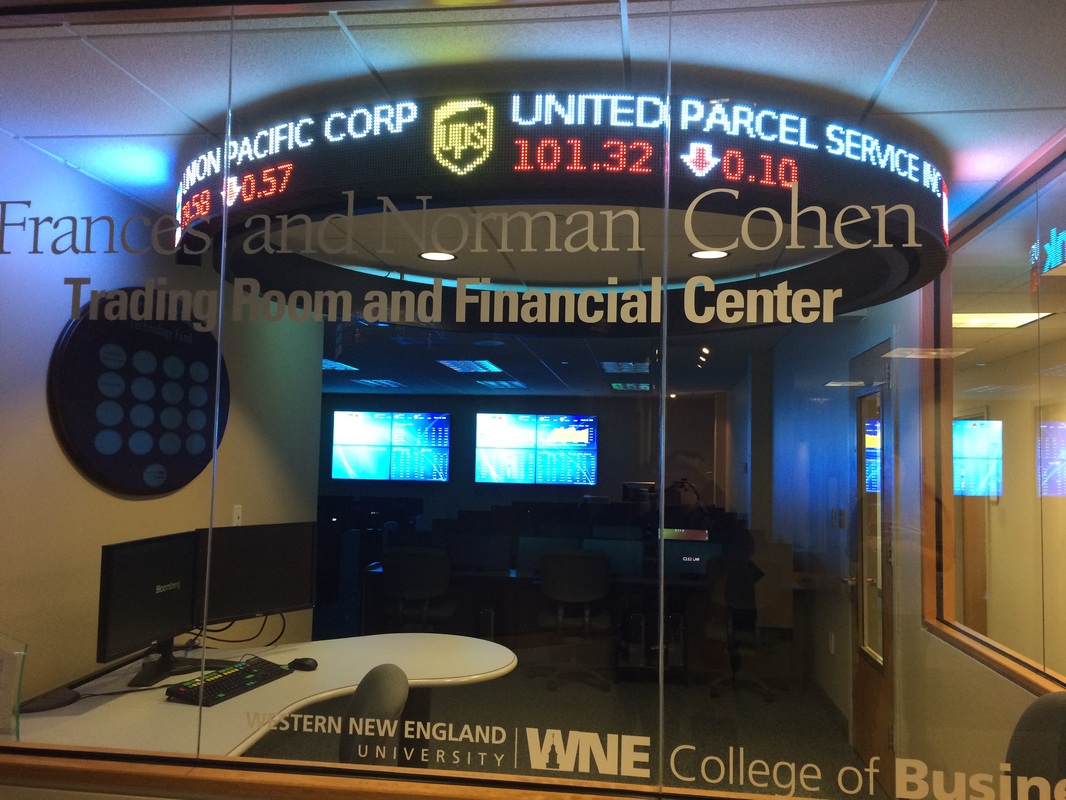 Discover what you didn’t know about Western New England University, in Springfield, MA: · WNE is one of only two schools in the U.S. carrying the two highest accreditations for a Sport Management program -The Association to Advance Collegiate Schools of Business (AACSB) and The Commission on Sport Management Accreditation (COSMA); and WNE is one of only three schools in the Northeast to offer an AACSB business degree (BSBA) in Sport Management. · WNE is one of only two schools in the US that has a 6-year Engineering/Law program, and the only school that offers more than one option of engineering with the Law School. · WNE is one of two schools in New England to offer a 5-year Bachelor’s degree in Engineering/ MBA program. · WNE is the only private school in Western Massachusetts to have a College of Engineering and an AACSB International accredited College of Business. · WNE is the only school in Western Massachusetts to have a Law School, a College of Pharmacy, and a Doctoral program in Occupational Therapy. · WNE is one of only six schools in New England to offer classes in SAP, and the only school in New England to offer SAP certification. · WNE is one of a handful of colleges or universities to have undergraduate Baccalaureate programs in Arts and Entertainment Management and Business Analytics. · WNE Engineering students start engineering classes first semester freshmen year and can graduate in 4 years without doing a 5 year co-op program. · WNE Engineering students are required to do an individual senior design project which a faculty or corporation must sponsor, whereas most institutions have their seniors do projects in a group setting. Fun Facts: · One of the traditions that WNE has are the bed races, where students and parents build beds and race them during Family and Friends Weekend. · During finals week, our students run the Cheesy Hotline, a fundraising service that delivers grilled cheese to students anywhere on campus for $1 per sandwich. · The Rock. Placed in the President’s parking spot as part of a senior prank, the rock is now a staple on campus and advertises upcoming events throughout the year. Check out Western New England University at www.wne.edu and discover for yourself what makes this place unique!
Kaitlyn M. O’Konis Assistant Director of Undergraduate Admissions Western New England University (413) 782-1321 Lauren Wilshusen
Director of Admissions Massachusetts College of Art and Design Hello from beautiful Boston! Did you know that Boston is home to the nation’s first public school, first subway, first public library, as well as the first art school to grant a degree? That school is Massachusetts College of Art and Design. MassArt—the country’s first and only remaining freestanding public college of art and design—has been around since 1873. A lot has changed since then, but what hasn’t is our commitment to make arts education accessible to students from all over the country, and the world. MassArt offers a variety of disciplines spanning fine art, design, media, art education, and art history, as well as graduate degrees in the fine arts, dynamic media, architecture, and art education. Certificates are available in fashion, graphic, and industrial design. Classes are taught by professors who are artists, designers, and scholars actively working in their field. Our campus boasts close to 1 million square feet of classroom, studio, and living space, the largest printmaking studio in the Northeast, and the Paine & Bakalar Galleries, which is the largest, free contemporary art space in New England. In addition to the professional galleries, there are six student galleries on campus, all of which are free and open to the public. The newly opened Design and Media Center offers interdisciplinary classroom space, a lecture hall, as well as brand new lighting and sound studios, and a modern woodshop. Off-campus, MassArt students have access to cross-registration, athletics, performing arts, and social events through the Colleges of the Fenway and ProArts Consortia. Additionally, students can take courses at Massachusetts Institute of Technology, the state Community Colleges, and the other State Universities. There is quite a bit happening here at MassArt! Do you want to know more? Don’t hesitate to contact the Admissions Office or schedule a visit to campus. We hope to see you soon! -The MassArt Admissions Team Named for the historic Lehigh Valley Railroad championed by its founder, Asa Packer, Lehigh University is 150-year-old private research university located in Bethlehem, Pennsylvania. Lehigh provides the academic opportunities of a larger research institution along with the personal attention of a small, private college. Lehigh University is renowned for its academics (faculty and alumni count the Nobel Prize, the Pulitzer Prize, and Fulbright Fellowship as among their distinctions), as well is its communal campus culture, lively athletics and robust alumni network. Academic Overview Long known for its strong engineering and business programs, Lehigh ranks in the top 50 Best National Universities in U.S. News & World Report and offers over 100 undergraduate and graduate degree programs with over 2,000 courses to choose from. The university is divided into four academic colleges: the P.C. Rossin School of Engineering and Applied Science, the College of Arts and Sciences, the College of Business and Economics, and the College of Education. Lehigh prides itself on its commitment to interdisciplinary study with flexible academic programs and a seamless fluidity between the colleges. Students are encouraged to customize their academic experience to fit their passions with programs such as Integrated Business and Engineering, Integrated Degree in Engineering, Arts and Sciences, and Integrated Product Development. The Mountain Top summer internship program offers students working across all disciplines the freedom to pursue creative and innovative solutions to a number of difficult and open-ended problems through interdisciplinary participation. Lehigh also offers accelerated (combined-degree) programs with three health professional schools: Drexel University College of Medicine, University of Pennsylvania School of Dental Medicine, and SUNY College of Optometry. Lehigh University boasts a 10:1 student-faculty ratio, with nearly all of the faculty holding terminal degrees in their field. The culture of Lehigh encourages students to form strong bonds with faculty, and emphasizes personalized guidance, hands-on learning, and undergraduate research. Lehigh is highly ranked for its return of investment with 97% of their graduates either employed or in graduate school in their intended field.
However, when you need to get away, the school offers convenient proximity to both outdoor activities like hiking and skiing as well as nearby cities like Philadelphia (70 miles away) and New York (85 miles away). Just getting around campus can provide quite a physical workout, as Lehigh is built on a mountainside and there are numerous steps and staircases on various tiers connecting the different campus buildings. Athletics The Lehigh University Mountain Hawks compete as a member of the Patriot League in 25 NCAA Division I sports, including men’s and women’s basketball, baseball, cross country, lacrosse, wrestling and more. But no discussion of Lehigh University would be complete without mentioning its historic football rivalry with nearby Lafayette College. Known simply as “The Rivalry,” the football series between Lehigh and Lafayette is the longest in U.S. college football history. Since their first game back in October of 1884, the Mountain Hawks (known as the Engineers until 1995) and the Lafayette Leopards have met a total of 151 times with 78 victories for Lafayette, 68 for Lehigh, and 5 draws. The Rivalry is so popular that the 150th matchup was played at Yankee Stadium in New York City!
Admissions are needs-blind, and the school meets 100% of demonstrated need for all admitted students, after calculating Expected Family Contribution (EFC). Just over half of students have taken out loans to pay some or all of the costs of attendance, and the average debt of graduating undergrads was $31,877 in 2014.
Conclusion Lehigh University is a challenging academic institution that promotes an integrative, hands-on approach to learning, in a tight-knit campus community. Contact the college admissions advisors at College Docs to help find the right school for you, along with your own perso
Academic Overview Well-regarded for its liberal arts programs and its architecture school, Roger Williams University offers more than 40 majors with 13 graduate degrees. Notably, Roger Williams offers one of the only dedicated undergraduate Marine Biology programs in the country. On our recent visit we spoke to several undergraduate students who raved about this program, stating that they loved their professors and that they were able to be engaged in research from their first year. Several commented on their upcoming presentations at professional conferences based on original research they had conducted at RWU. In addition to its offerings in the arts and sciences, Roger Williams is gaining recognition as a professional school. Programs from their Mario J. Gabelli School of Business include Accounting, Economics, Management, Marketing, and Web Development, with a graduate degree offered in Business Law. Some of Roger Williams University’s most popular undergraduate majors are Business, Management, Marketing, Architecture, Law Enforcement, with Psychology, Communications, and Journalism rounding out the list. We spoke to students in the architecture program who showed us their work stations and their three-dimensional dioramas.The work was impressive and they spoke highly of their coursework and professors. Roger Williams also offers a four-year Bachelor of Science, a two-year Master of Science, and a combined, accelerated 4 + 1 (five-year) B.S./M.S. dual degree in Historic Preservation.
female. The campus sits on Mount Hope Bay on the Rhode Island coast, offering gorgeous views and direct access to the water for swimming and recreation. The school even offers students free kayak rentals in warm weather. The university’s home, Bristol, RI, is a small suburban city with a variety of dining and shopping options available. Students can enjoy easy trips to nearby cities like Providence, Boston, and even New York. Eight residence halls offer students living situations from classic dorms to singles apartments with full kitchens. Three-quarters of undergraduates live on campus, and the school has a partnership with JumpOffCampus to help provide students with off-campus housing nearby. The school’s culture places strong emphasis on clubs and organizations. Students are encouraged to participate in any of dozens of on-campus clubs and organizations, including Film Production Club, Musician’s Guild, and the Foundation of International Medical Relief for Children. From arts to business, there’s something for everyone. Worth noting: there is no Greek life at Roger Williams University. Admissions and Costs
Beginning in the fall of 2013, Roger Williams began a test-optional policy, though test scores for students applying to education programs are encouraged. Application requirements include high school transcripts, a letter of recommendation, an application essay of 250-650 words, and extracurricular and AP documentation if applicable. The application deadline for regular decision is February 1. Tuition is locked-in for the four years of undergraduate study. Over half of students receive need-based financial aid. Students had on average 89% of their financial needs met through scholarships, work-study and loans. If you’re looking for a small school with a broad range of academic options, an active campus life and scenic ocean views, Roger Williams is an excellent choice. Contact College Docs to learn more about finding the right school for you through our personalized college action plan. 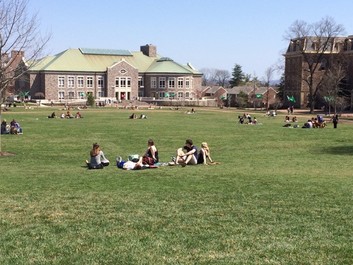 Nestled in Eastern Pennsylvania’s rustic Lehigh Valley in the town of Easton, Lafayette College is one of the nation’s top private liberal arts colleges. Named for the Revolutionary War hero General Lafayette, the school has also taken his family motto as its own: cur non – Latin for “why not?” This spirit of freedom informs the school’s personality, campus life, and approach to academics to this day. Academic Overview For what’s been historically known primarily as a liberal arts college, Lafayette has a lot to appeal to students of nearly every persuasion. The college offers over fifty majors across four academic divisions: humanities, social sciences, natural sciences, and engineering. Given Lafayette’s broad academic offerings and in keeping with their “why not?” motto, many students choose to pursue unconventional double majors like art and biology. Interdisciplinary study is encouraged by the faculty. With an impressive 11 to 1 student/faculty ratio, most students find professors to be extremely accessible and supportive. Hands-on learning is a major point of pride for the Lafayette community. The college has the highest rate in the country of students working with faculty on research or academic work, and work-study programs are common. And because it is a college, not a university, undergraduates are not competing for research opportunities with graduate students. Many classes have a student instructor in addition to a professor, giving students the opportunity to teach and learn with one another in a way many schools don’t offer. If you’re looking for a school that will let you think creatively, work hand-on, and push boundaries, Lafayette College might be a perfect fit for you.  Campus Life Lafayette has approximately 2,450 students, with 53% male and 47% female. Housing is guaranteed for all four years. Freshmen are assigned to one of five teams, called Commons, both for orientation and housing purposes as well as for academic and social activities. Over 70 residential facilities run the gamut from residential halls, suites, and group living units such as specialty houses and Greek life. There’s a tremendous sense of community and connectedness between undergraduates. This is reflected in their over 250 student organizations and clubs, including honor societies, cultural and political organizations, governing groups, living groups, religious organizations, arts clubs, and community outreach efforts. And, the sense of community continues after graduation, as seen by Lafayette’s strong alumni network, which helps when students are looking for internships and jobs. For dining, numerous meal plans are offered and students have the choice of dining at any of eight different cafes and dining halls. Food is cooked from scratch with emphasis placed on fresh, whole ingredients and locally sourced goods. Lafayette College has a picturesque campus with lush grounds and stunning historic architecture in a tree-lined residential neighborhood. Lafayette is only about an hour from both Philadelphia and New York City, with at least 20 buses a day running to the latter, and Lafayette shares the Lehigh Valley with several other colleges and universities including Lehigh University and Muhlenberg College. 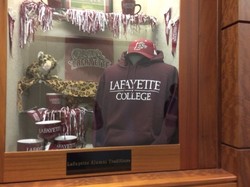 Admissions and Costs Lafayette is a highly selective school, with an acceptance rate of just under 30%. Applications are evaluated based on academic success, class rankings, extracurricular activities, and other more subjective criteria. In addition, students are required to submit SAT or ACT scores (writing portion is required if only submitting the ACT). The total cost of attending Lafayette College is about $61,905, between tuition, room, board, and other fees. They offer grants, scholarships, work-study and loans. Need-based financial aid is available and widely utilized. Lafayette reports that more than half their students receive financial assistance. With one of the highest endowment-per-student rates in the country, Lafayette is able to engage the best faculty, to fund student research and study abroad programs and internships, as well as provide both merit and need-based scholarships. Summary Overall, if you’re looking for a small school with a close-knit student body, rigorous and rewarding coursework, an emphasis on independent thinking, and a lot of opportunities for personal and academic growth, Lafayette might be just what you’re looking for. Contact College Docs to learn more about finding the right school for you. |
Categories
All
Archives
July 2024
Contact College Docs at
203 520-6338 or 203 218-5619 [email protected] |

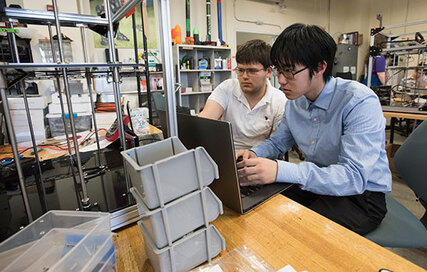
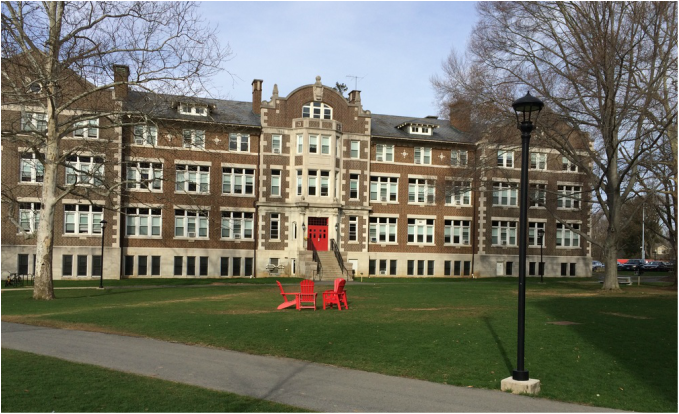
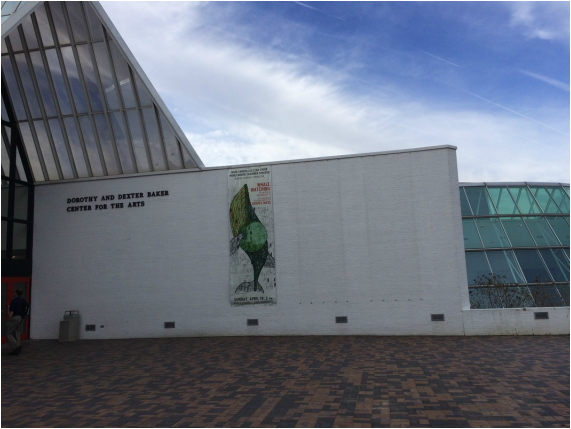
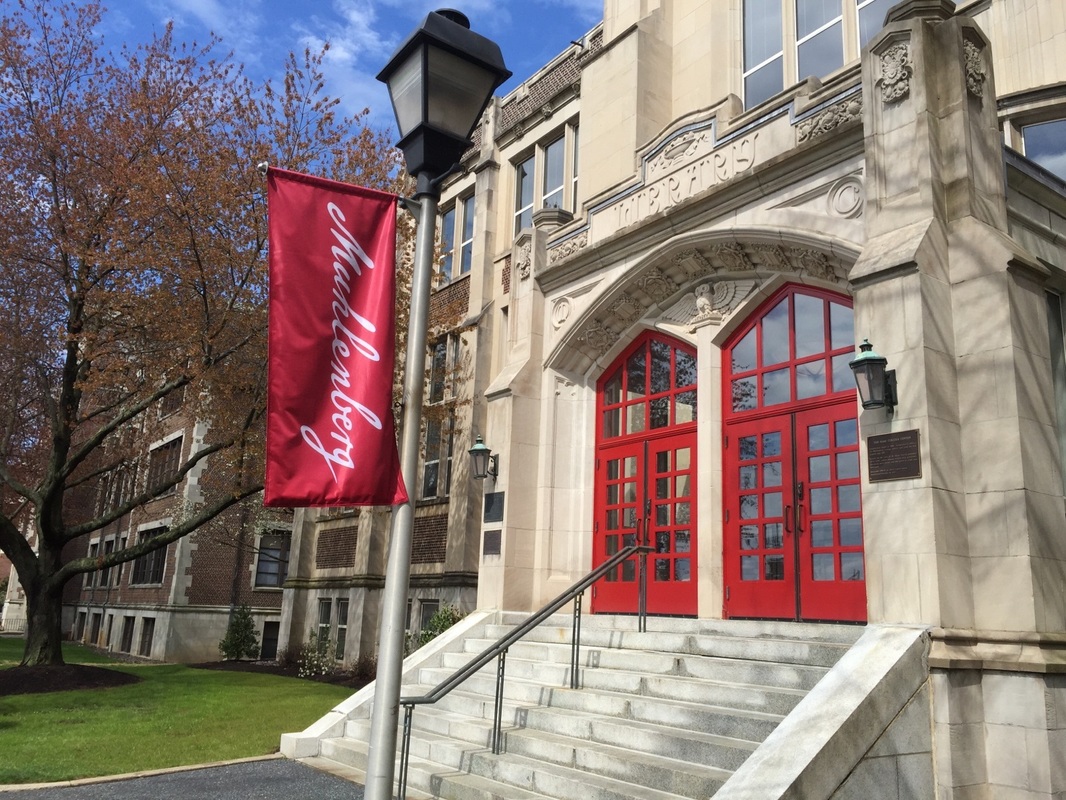

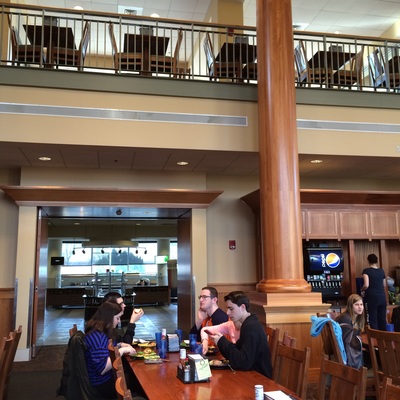
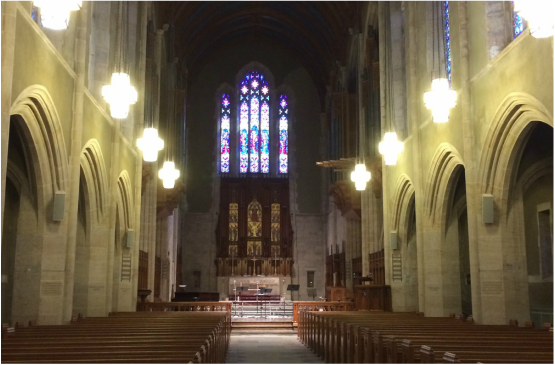
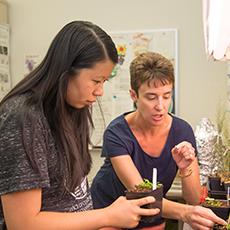
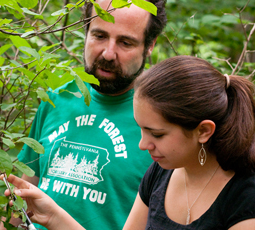
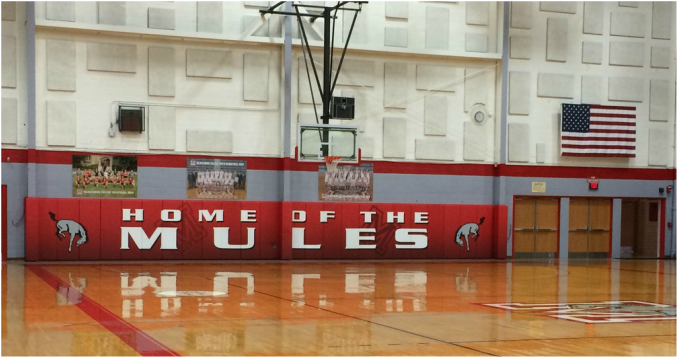
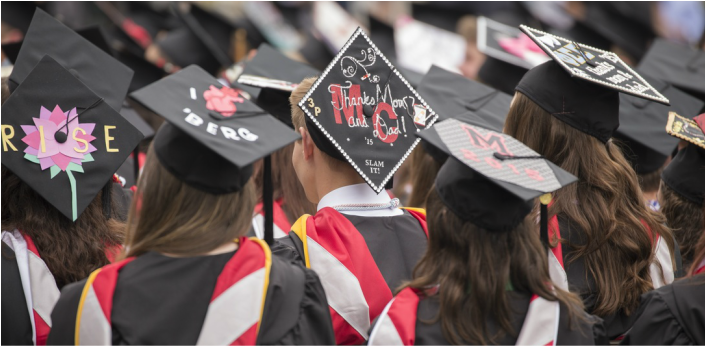
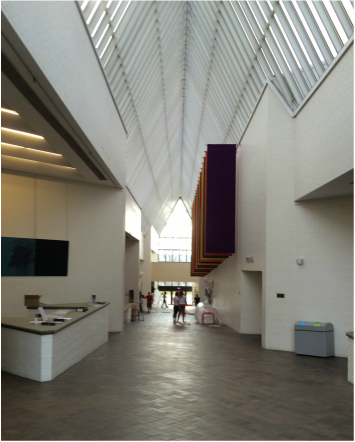
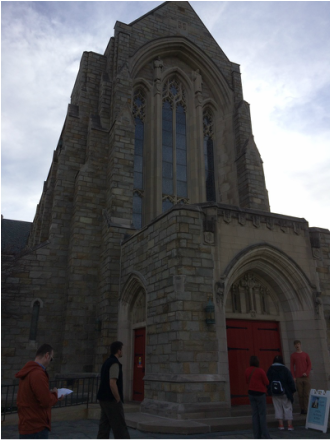
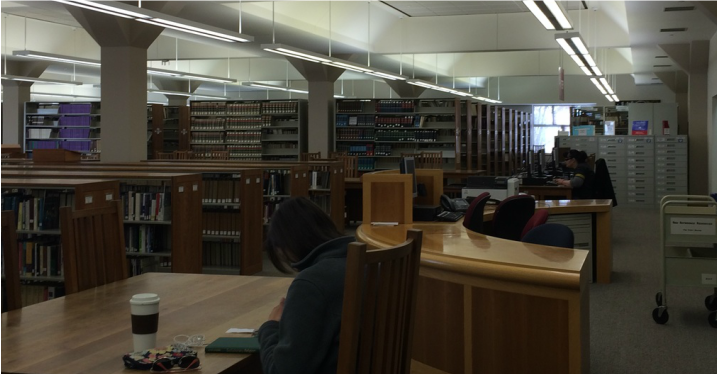
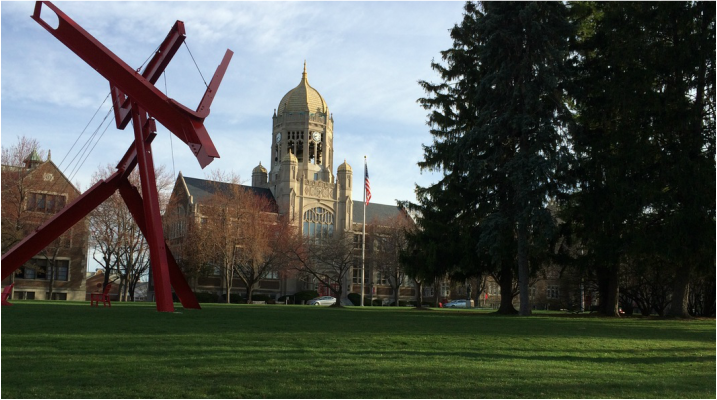
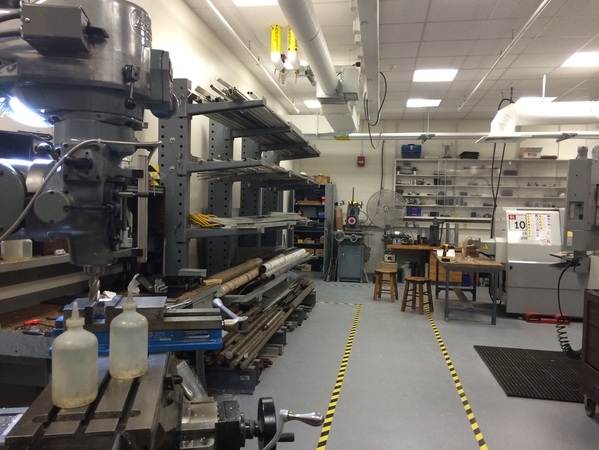
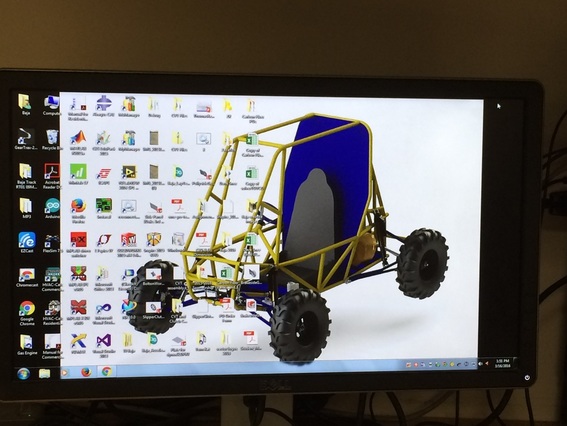
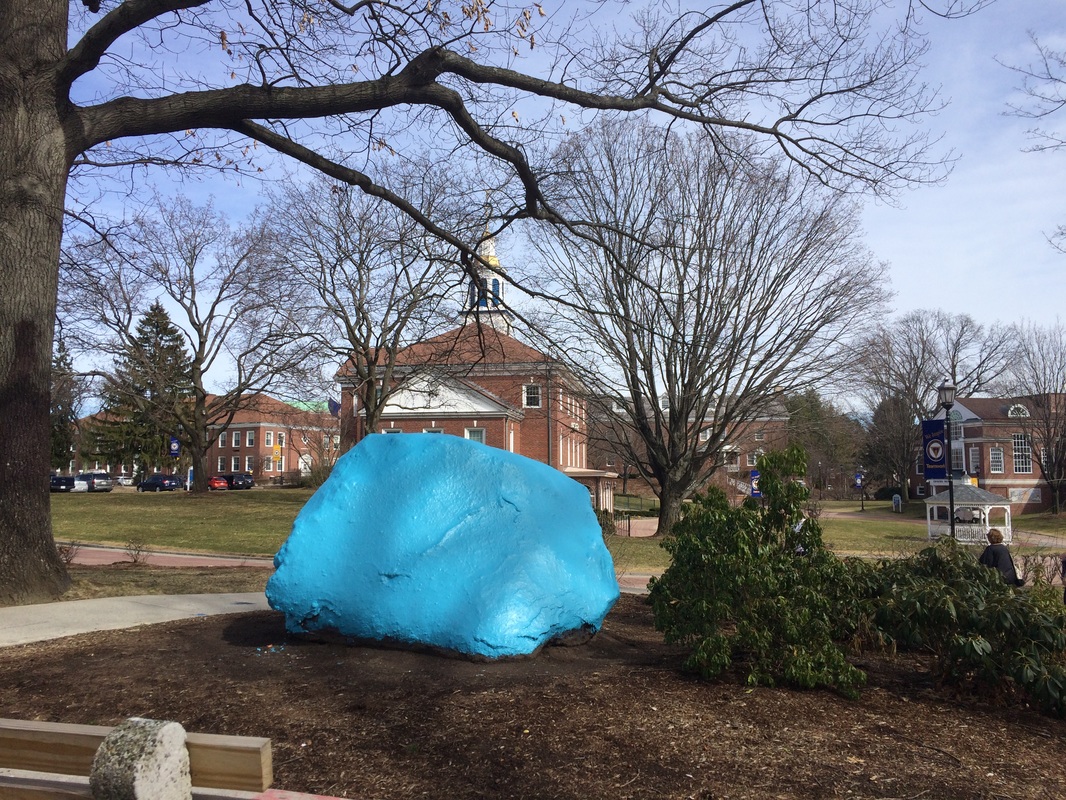

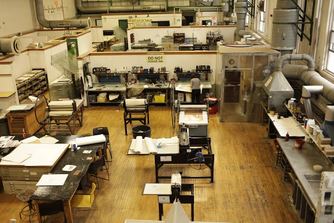


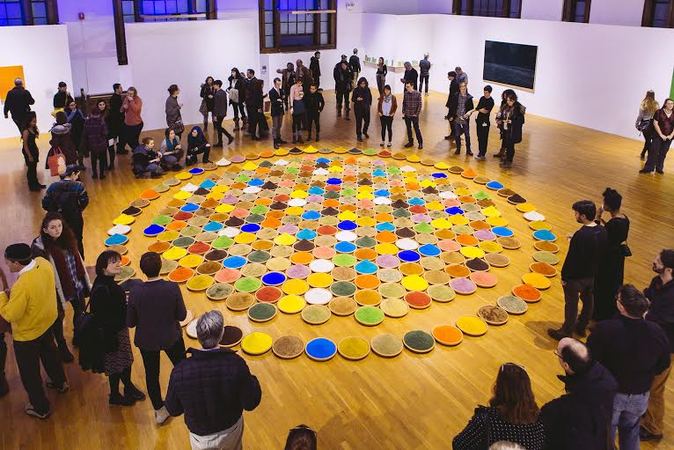
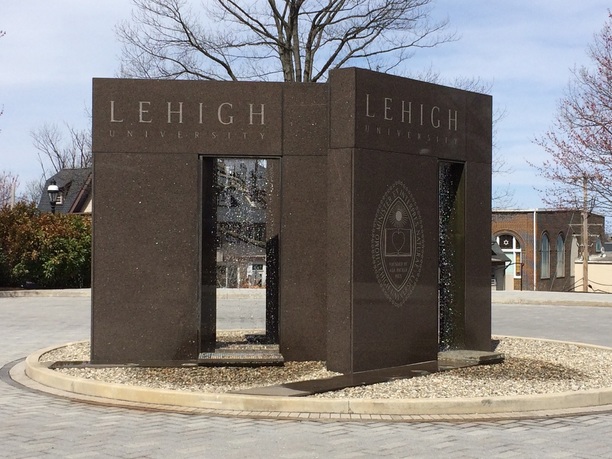
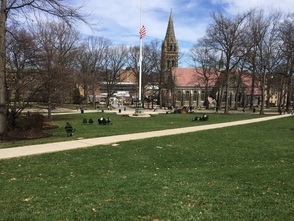
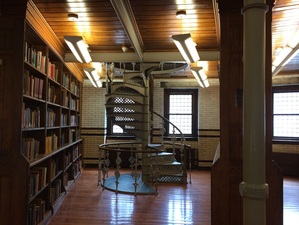
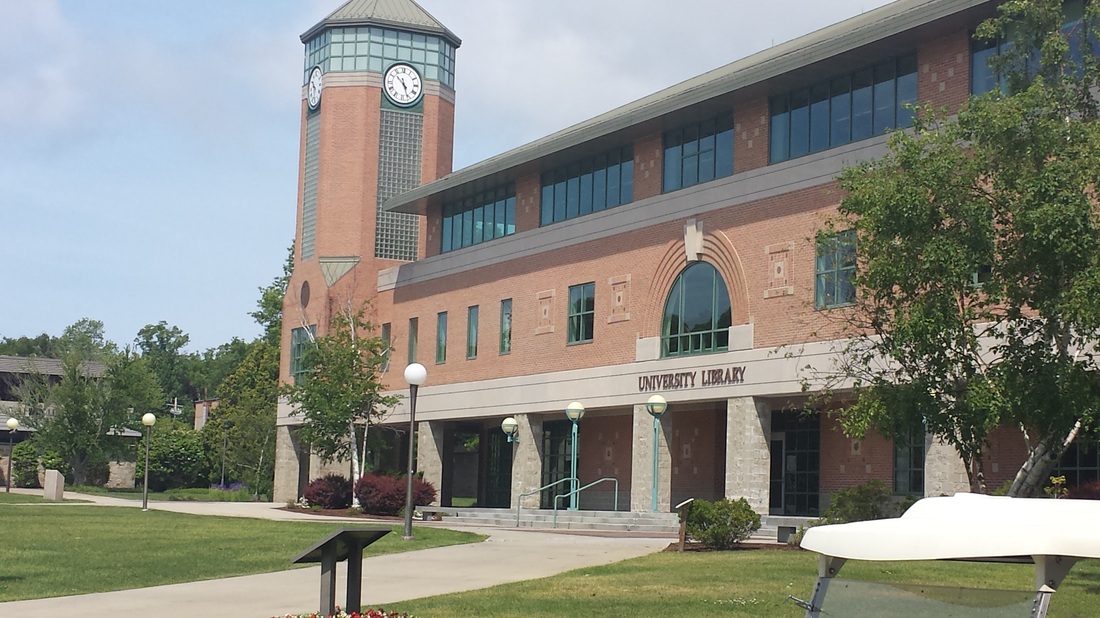
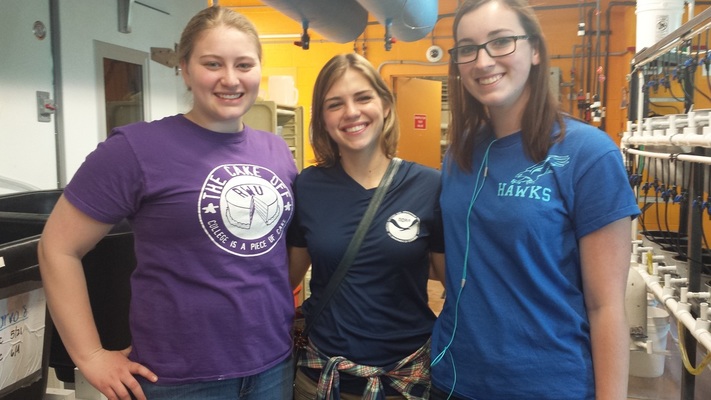
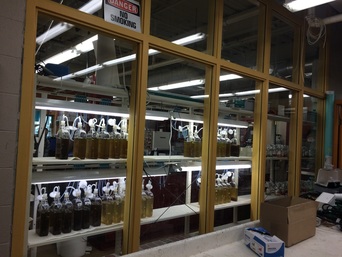
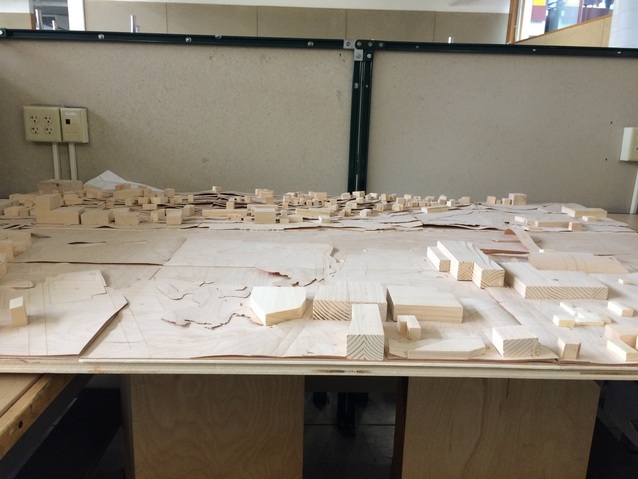
 RSS Feed
RSS Feed